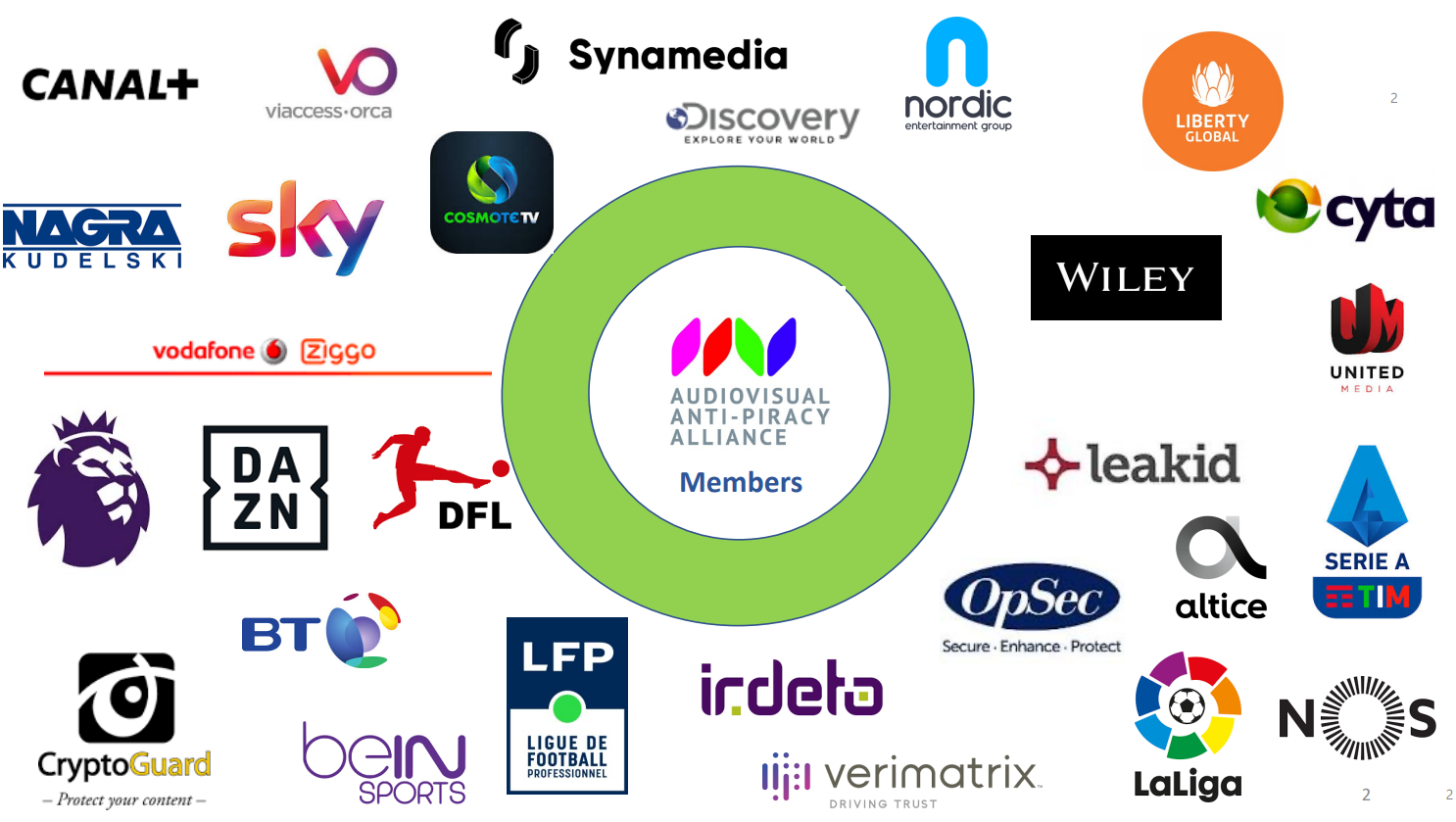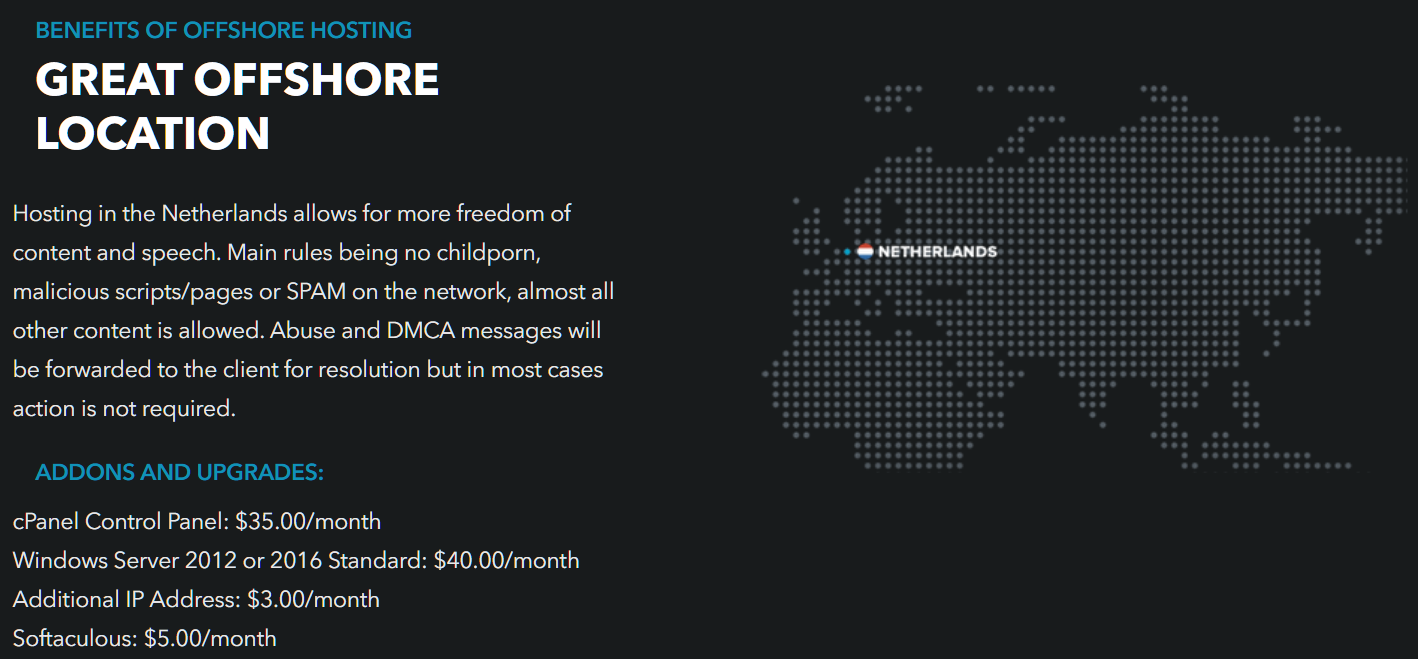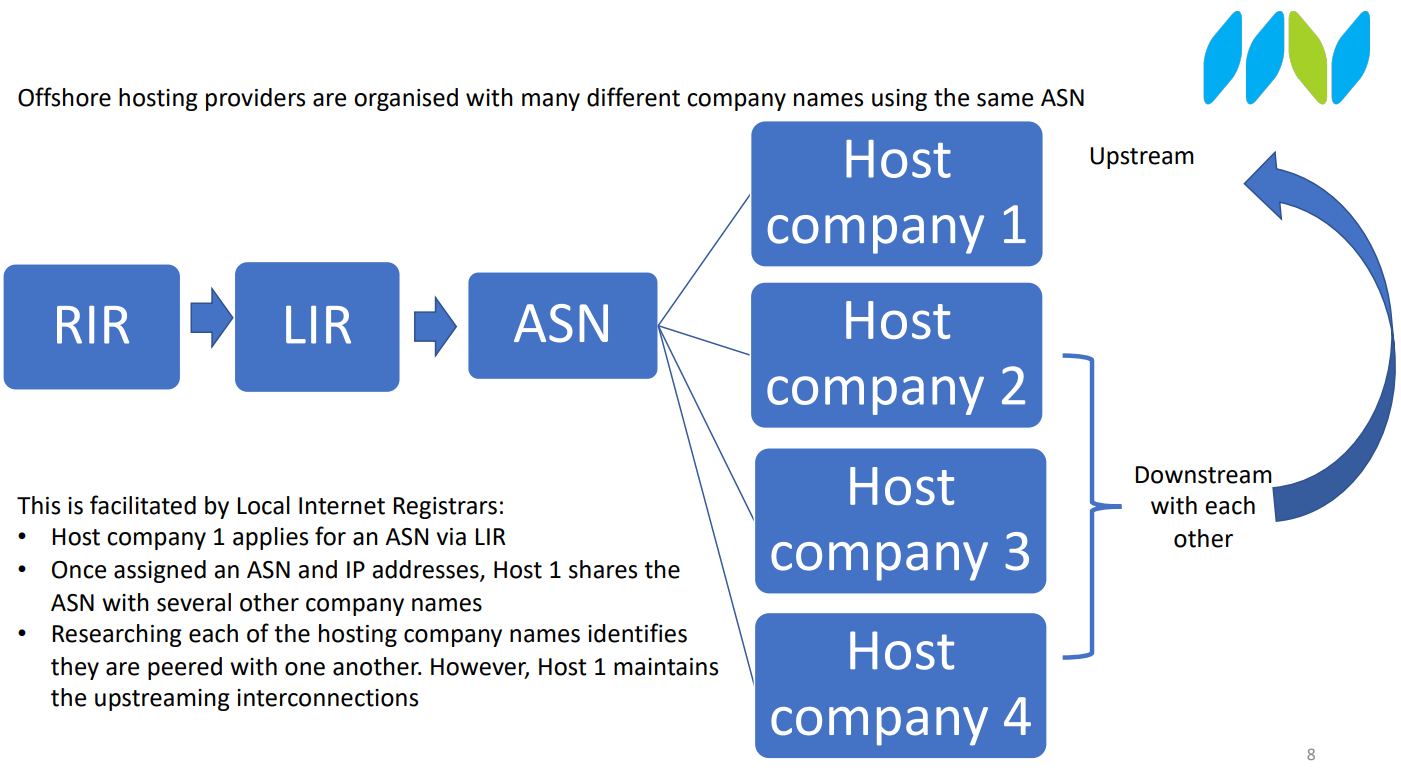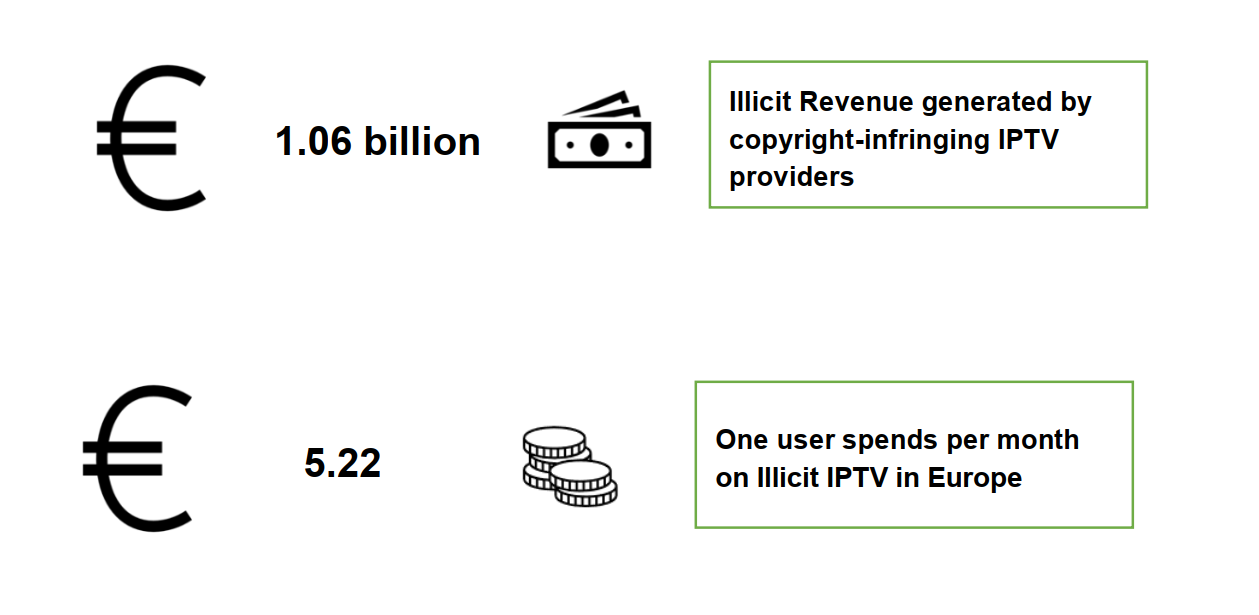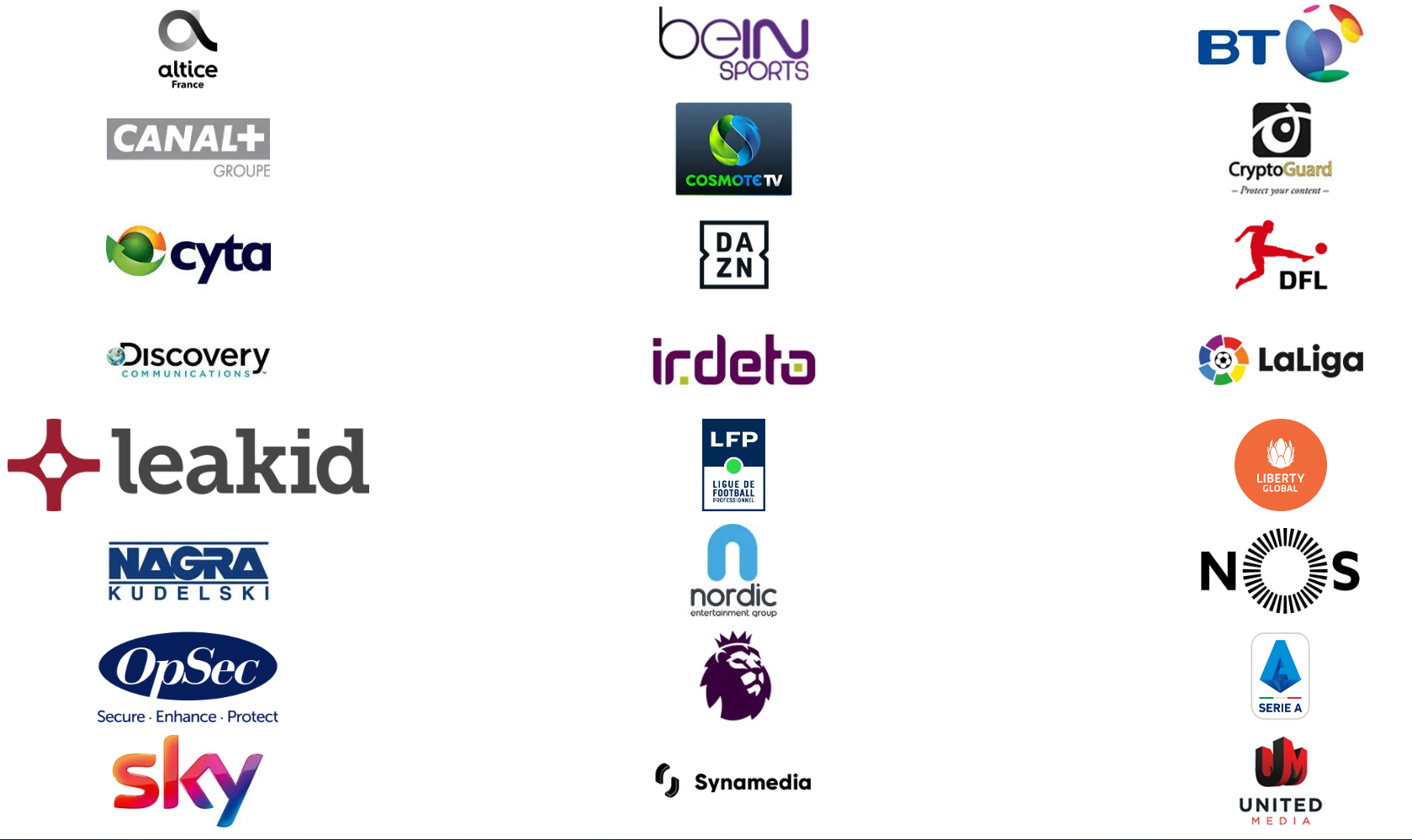-
chevron_right
Dutch Fiscal Police Win “Anti-Piracy Award” for Shutting Down IPTV Datacenter
news.movim.eu / TorrentFreak · Monday, 30 October - 20:23 · 2 minutes
 Across the globe, law enforcement and copyright holder groups are teaming up to tackle online piracy of all shapes and sizes.
Across the globe, law enforcement and copyright holder groups are teaming up to tackle online piracy of all shapes and sizes.
Cooperation is seen as essential to tackling the endemic piracy problem and the key players regularly meet up to discuss progress and emerging problems.
Last week, Europol hosted its annual IP Crime Conference in Lisbon where stakeholders came together to exchange information and ideas. The Audiovisual Anti-Piracy Alliance was also present and seized the opportunity to announce its annual Anti-Piracy Award on stage.
The Anti-Piracy Award Goes to FIOD
The 2023 award goes to the Dutch fiscal police ( FIOD ), which shut down one of Europe’s largest IPTV operations in May. The illicit operation presumably offered its services to countless smaller IPTV sellers, together serving over a million subscribers according to official reports.
Large IPTV raids are not new, but this enforcement effort took place on a scale that we haven’t seen before. Information obtained by FIOD showed that the pirate IPTV operation was run from the GLOBE Datacenter in Den Helder, where more than 1,200 servers were taken offline.
The raids, which also inflicted some collateral damage , caused hundreds of thousands of screens to go dark. Several people were arrested and the prosecution is ongoing.
Commenting on the award, AAPA’s Executive Vice President Sheila Cassells notes that FIOD’s action shows how vital law enforcement efforts are against these types of illicit piracy operations.
“The scale of this operation illustrates clearly why law enforcement must continue to act against illegal IPTV services,” Cassells says .
“And the inclusion and closure of a major hosting provider reinforces the need for a clear and robust regulatory regime, including, for example, know your customer requirements, to be imposed on such actors,” she adds.
In recent years, illicit IPTV services have become a billion-dollar industry as people look for alternatives to costly official streaming subscriptions. AAPA and other copyright holders hope that by keeping the pressure on, this trend can eventually be reversed.
New ‘Host’ Anti-Piracy Award
AAPA also presented a new award this year for an agency operating in the conference’s host country, which is Portugal this year. This went to the General Inspection of Cultural Activities (IGAC), which helped to implement the country’s pirate site blocking framework.

The award was handed to General Inspector Luis Silveira Botelho and AAPA Co-President Mark Mulready hopes the Portuguese model will serve as an example for other countries.
“In presenting this award, we are pleased to acknowledge the steps taken in Portugal to implement an efficient and dynamic system for blocking orders,” Mulready says.
“We have seen from other countries how helpful such blocking orders can be and we hope that countries who have not yet introduced the possibility of blocking orders will take note of the system applied here,” he adds.
Anti-Piracy Commendations
The anti-piracy coalition also handed out a certificate of commendation to Marcin Cyganek of the Polish Central Bureau for Combating Cybercrime, who helped to prioritize IP crime and was instrumental in the shutdown of polsharing.com.
Certificates of commendation were also handed to Bulgaria, Italy, and Spain, for various enforcement actions. Bulgaria, for example, carried out a variety of anti-piracy operations in recent months, resulting in the shutdown of several widely-used piracy services.
Italy, meanwhile, was lauded for “ Operation Gotha “, which hit an unnamed IPTV operation that reportedly serviced 900,000 subscribers. This action took over where “ Operation Blackout ” left off and involved dozens of raids in 23 provinces across the country.
From: TF , for the latest news on copyright battles, piracy and more.

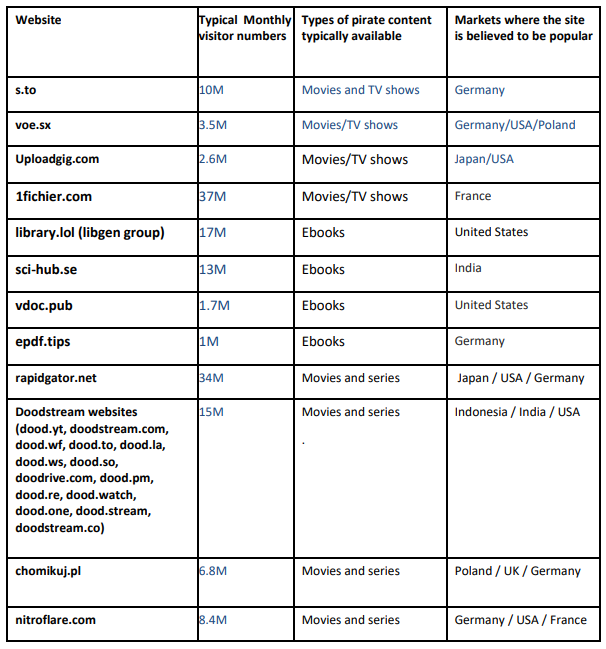

 Over the past decade, mobile applications have become the standard platform for most people to consume content online.
Over the past decade, mobile applications have become the standard platform for most people to consume content online.


